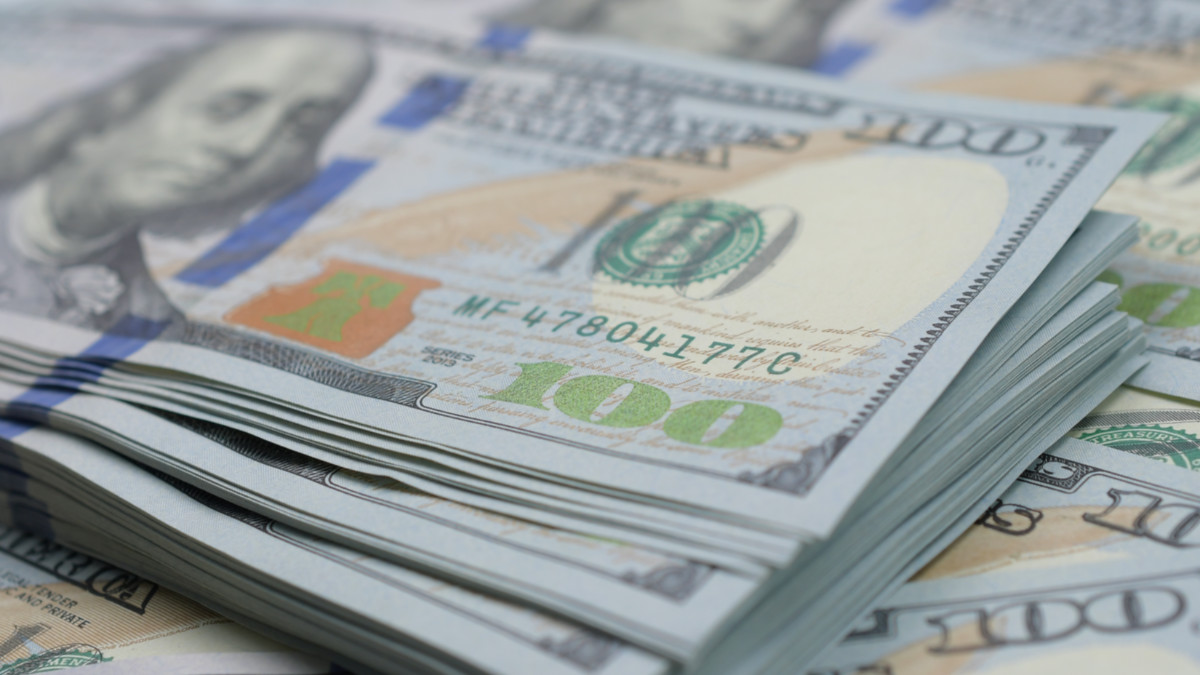Investors sink a record $4.6 trillion into money-market funds to ride out pandemic uncertainty

Investors sprinted to money-market funds throughout the coronavirus pandemic as volatility ticked higher and experts warned of a longer-than-expected recession.
Total assets in such funds reached $US4.6 trillion recently, The Wall Street Journal reported Tuesday, citing data from Refinitiv Lipper.
The sum is the highest on record going back to 1992, detailing a broad rush to safe havens to wait out the public health crisis.
Money-market funds are just one example of a cash-like asset, with plenty of other outlets available for investors seeking stable stores of value.
The inflows send a mixed message to experts. On one hand, record cash in money markets leaves plenty of ammo for investors to eventually deploy in riskier markets.
On the other, the S&P 500 turned year-to-date positive just last week before plummeting on renewed virus fears. Some experts feared the index retraced its losses too quickly amid a revival of risk-on attitudes.
The rush to cash-like assets began in February, when markets first tumbled on coronavirus fears.
Investors piled into money-market funds and Treasurys and indiscriminately dumped stock and corporate bond positions.
The Federal Reserve’s move into corporate-credit markets set a backstop for risk assets and fuelled their rebound through April and May.
The latest data on money-market fund holdings set up two warring factions: investors hoping for a V-shaped economic bounce and those preparing for a more dour reality.
It’s likely the split is formed along the border between retail and institutional investors.
Goldman Sachs said in a Friday note that Main Street investors have trounced professional stock-pickers and hedge funds since markets bottomed in late March.
Much of the market’s rotation into riskier value stocks was “amplified” by a surge in retail trading activity, the team led by David Kostin wrote.
The data suggests most buying activity involved casual investors, and that institutional investors continue to hold cash on the sideline until new data points to a stabilising economy.
This article first appeared on Business Insider Australia, Australia’s most popular business news website. Read the original article. Follow Business Insider on Facebook or Twitter.
UNLOCK INSIGHTS
Discover the untold stories of emerging ASX stocks.
Daily news and expert analysis, it's free to subscribe.
By proceeding, you confirm you understand that we handle personal information in accordance with our Privacy Policy.








